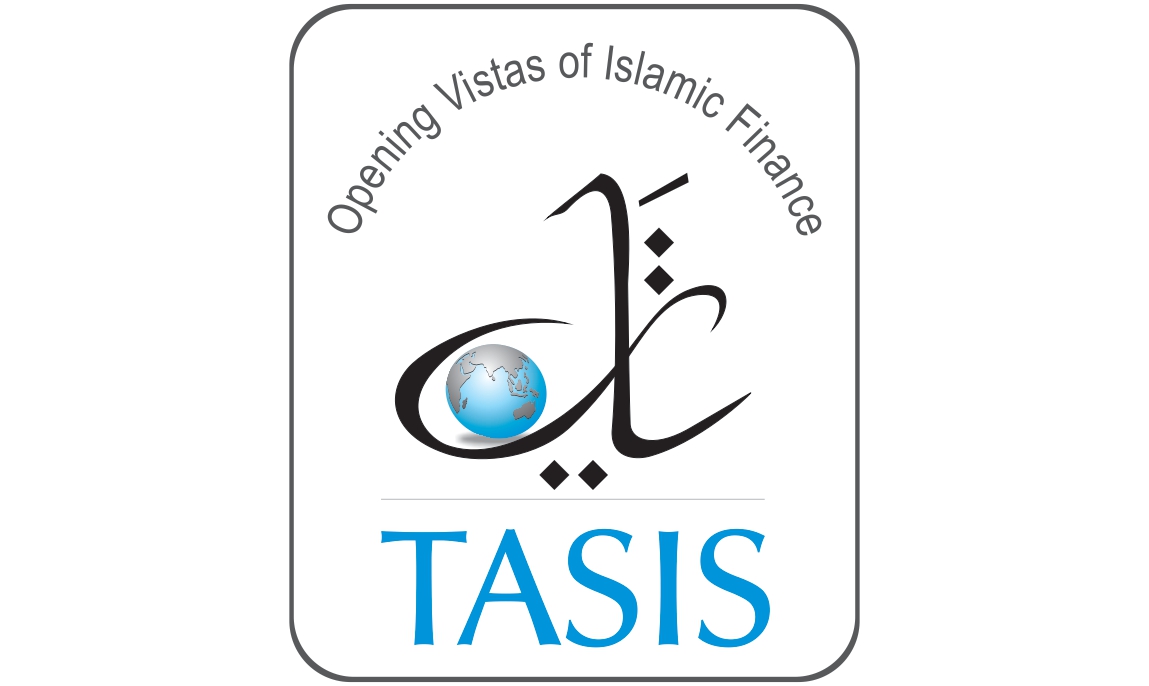News
All News
UK remains Western Islamic finance hub despite limited local uptake
27 AUG
Boursa Kuwait to launch sukuk, bond trading in 2025
1 AUG
AlHuda CIBE highlights Islamic microfinance growth in Central Asia
9 JUL
BIBF launches a new series of professional micro-credentials in Islamic finance
26 JUN
AlHuda CIBE highlights Islamic microfinance growth in Central Asia
9 JUL
Dubai – UAE: AlHuda Centre of Islamic Banking and Economics (CIBE), a global leader in Islamic finance development, proudly highlights the growing momentum of Islamic microfinance across Central Asia. With over 20 years of dedicated service in the CIS region, AlHuda CIBE continues to empower underserved communities, support policy development, and enhance institutional capacities for inclusive and ethical financial growth. Rooted in Sharia principles—such as the prohibition of interest (riba), promotion of risk-sharing, and social justice—Islamic microfinance has become a transformative tool for poverty alleviation and entrepreneurship. It provides ethically grounded financial services to low-income households and small businesses who are traditionally excluded from conventional banking. As of 2024, the Islamic microfinance market in Central Asia has grown to an estimated USD 200 million, with a client base comprising micro-entrepreneurs, farmers, and small enterprises. The broader Islamic finance sector in the region, excluding multilateral funding, has now surpassed USD 500 million. These figures underscore the sector’s growing relevance and potential in countries with significant Muslim populations like Kazakhstan, Uzbekistan, Kyrgyzstan, Tajikistan, and Azerbaijan. Islamic microfinance in Central Asia is more than a financial model—it is a vehicle for social justice, empowerment, and sustainable development,” said Muhammad Zubair, CEO of AlHuda CIBE. “Our mission at AlHuda CIBE is to facilitate the adoption of ethical finance and ensure that no community is left behind in the pursuit of prosperity. We are proud to have worked at both government and grassroots levels, offering technical assistance, product development, and capacity building that have directly contributed to the sector advancement”. The growth of Islamic microfinance in Central Asia is driven by supportive government regulations, significant funding and technical assistance from multilateral institutions like the Islamic Development Bank (IsDB)—which has disbursed over USD 9.1 billion to CIS countries by 2023—as well as contributions from the Asian Development Bank (ADB), World Bank, and ICD. Additionally, the rise of fintech innovations such as peer-to-peer lending, mobile banking, and Sharia-compliant Buy Now, Pay Later (BNPL) models, particularly in Uzbekistan and Tajikistan, is accelerating financial inclusion across the region. Notably, Islamic financial institutions such as Zaman Bank, ADCB Islamic Bank, Al Saqr Finance, Al Safi Bank (Kazakhstan), M-Bulak, Bai-Tushum Bank, Kompanion Bank, AK Karzi, Bereke Finans (Kyrgyzstan), and Microcredit Deposit Organization Humo and Iman (Tajikistan) have been pioneering inclusive Islamic microfinance across the region. Technological advancements are revolutionizing Islamic microfinance in Central Asia, with fintech solutions such as mobile financing, digital onboarding, and peer-to-peer platforms significantly enhancing outreach and operational efficiency. Additionally, the rise of micro-Takaful (Islamic insurance) is providing essential risk protection for underserved populations, further supporting financial resilience and inclusion. This growing ecosystem is also attracting European investors, who view Islamic microfinance in the region as a promising and socially responsible investment opportunity amid low-interest rate environments.
